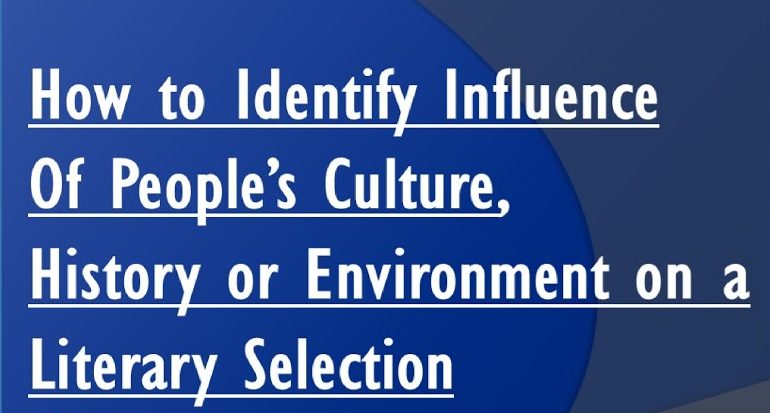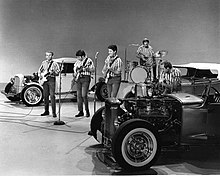Introduction
Literature, in all its forms, has been a timeless vessel of human expression, offering us stories, ideas, and insights that transcend time and place. It captures the essence of human existence, reflecting our dreams, fears, and aspirations. But literature is more than just words on a page; it’s a mirror to society, a bridge between generations, and a catalyst for change. In this exploration, we will delve into the intricate relationship between literature and culture, examining how one influences and shapes the other.
The Power of Storytelling
At its core, literature is a form of storytelling. Whether through epic poems, novels, or even spoken word, literature is a medium for humans to share their narratives. These narratives, in turn, play a pivotal role in shaping cultural identity. Through the ages, literature has been a way for cultures to pass down their stories, myths, and histories to successive generations.
Ancient civilizations like the Greeks used literature to immortalize their gods and heroes. The epics of Homer, such as the “Iliad” and the “Odyssey,” provided the Greeks with a shared cultural heritage, emphasizing values like bravery, honor, and cunning. These tales became the foundation upon which Greek culture was built.
Reflecting Societal Realities
Literature also serves as a mirror that reflects the realities of the society from which it emerges. Authors often draw from their personal experiences and observations, infusing their works with social commentary and critique. When we read literature, we gain insight into the customs, beliefs, and challenges faced by people in a particular time and place.
Charles Dickens’ novels, like “Oliver Twist” and “Great Expectations,” are prime examples of literature reflecting the harsh realities of 19th-century England, particularly the stark contrast between the rich and poor. These works brought attention to social issues, helping to ignite reform movements aimed at improving living conditions for the impoverished.
Cultural Evolution Through Literature
Literature not only reflects culture but also plays a pivotal role in its evolution. As societies evolve, so do their values, beliefs, and norms. Literature serves as a vehicle for expressing these changes and challenging the status quo. It can spark debates, provoke thought, and inspire action.
The Harlem Renaissance in the early 20th century is a testament to literature’s role in cultural evolution. African American writers and artists during this period, such as Langston Hughes and Zora Neale Hurston, used their works to explore themes of identity, racial injustice, and the African American experience. Their literature played a crucial role in reshaping perceptions and paving the way for the civil rights movement.
Preserving Cultural Heritage
One of literature’s most important functions is preserving cultural heritage. It allows cultures to pass down their traditions, languages, and stories from one generation to the next. Without literature, the rich tapestry of human cultures would be at risk of fading into obscurity.
For example, the “Ramayana” and the “Mahabharata” are ancient Indian epics that have been passed down through generations, shaping Hindu culture and providing moral and ethical guidance. These texts are not just stories but integral parts of India’s cultural identity.
Globalization and Cross-Cultural Influence
In our interconnected world, literature has taken on a global dimension. The exchange of ideas, stories, and perspectives between cultures has never been easier. As a result, literature now has a more profound influence on shaping a global culture.
Authors like Haruki Murakami from Japan and Chimamanda Ngozi Adichie from Nigeria have gained international acclaim for their works, transcending borders and introducing readers to different worldviews. Their literature bridges cultural gaps, fostering understanding and empathy across diverse societies.
The Challenge of Cultural Appropriation
While literature has the power to bridge cultural divides, it also faces challenges related to cultural appropriation. When authors from one culture borrow elements from another without proper understanding or respect, it can lead to misrepresentation and harm. This issue underscores the importance of cultural sensitivity and the need for responsible storytelling.
Conclusion
In the intricate dance between literature and culture, one cannot exist without the other. Literature is both a product of culture and a force that shapes it. It reflects our societal realities, preserves our cultural heritage, and inspires us to evolve and adapt. As we continue to embrace the power of storytelling, we must be mindful of its potential for positive change and the responsibility it carries in shaping the world we inhabit. Literature, in all its forms, remains an indelible part of our shared human experience, enriching our lives and connecting us across time and space.






